No destinations found
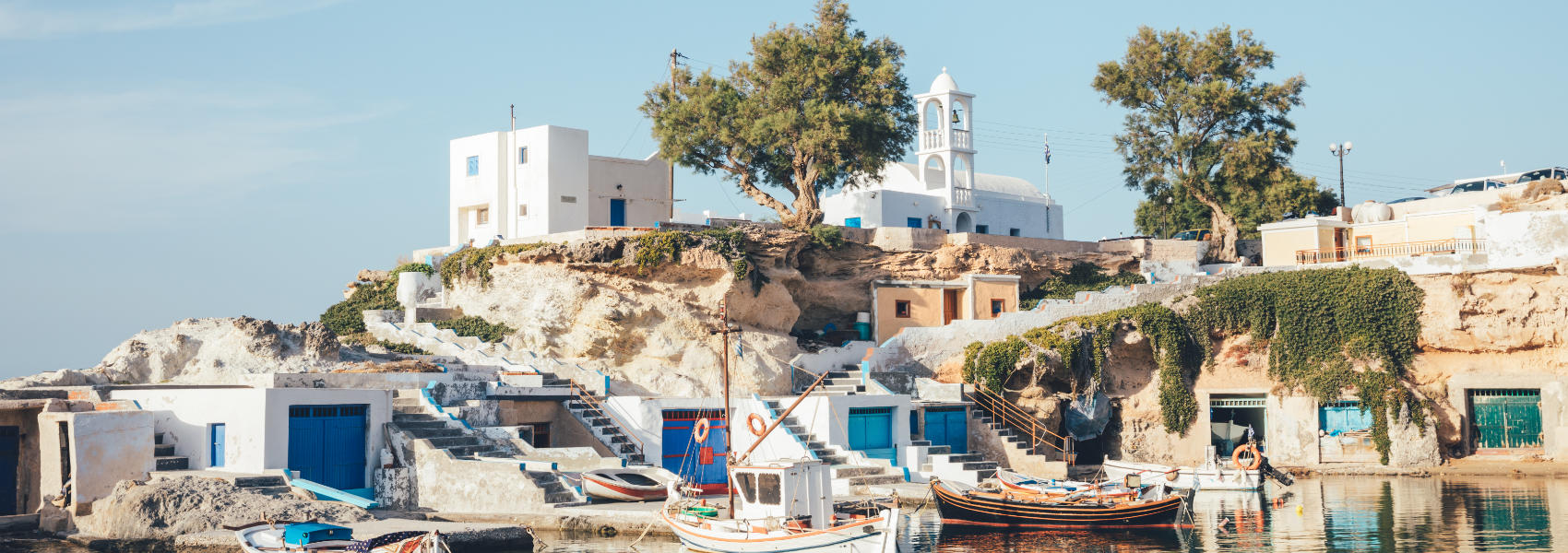
According to mythology, many of Greece’s islands were crafted by the gods, and these creation myths appear apt given the islands’ exceptional beauty and other-worldly qualities. Estimates for the number of Greek islands and islets dotted along the expansive coastline vary between 1,200 and 6,000, of which 227 are inhabited, leaving you with plenty of options when planning a holiday in Greece. You can’t really go wrong with any of the Greek islands – each possesses its own individual charm and a scattering of stunning beaches – but if you’re struggling with where to start,
Read the article
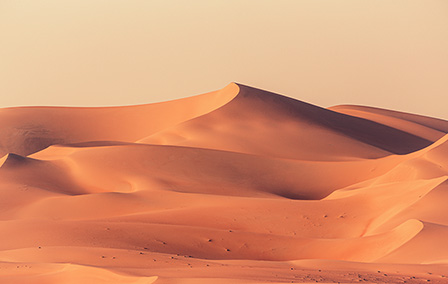
Sculpted by wind and wild weather for decades, centuries and even millennia, sand dunes are some of the most extraordinary natural landforms on Earth, with their seemingly limitless cumin-coloured cascades or caster-sugar sands. Sand dunes are dotted across deserts, coastlines and semi-arid regions around the world, some with pointed peaks, some towering above the rest, and each different to the next.
5th January 2025 - The Natural World
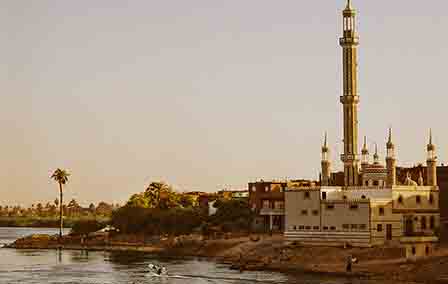
Last updated: March 2025 by Ben Williams, our Conde Nast Traveler Egypt Specialist Hello, fellow traveller. You may find yourself here because you’ve typed ‘Is it safe to travel to Egypt’ into your search engine. Or perhaps you’ve stumbled upon us in the same way those archaeologists accidentally found hundreds of rock-cut tombs in Egypt in 2021. Either way, you’re in the right place to learn more about this country (particularly if you’re already looking at flights) because it’s always worth doing some research before exploring somewhere new.
2nd November 2023 - Egypt Travel Tips
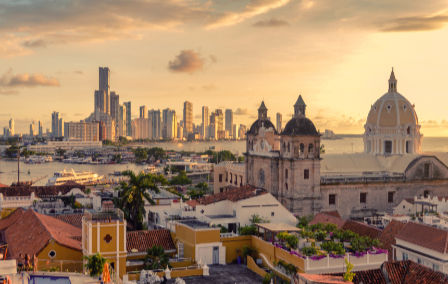
Sharing a border, coastline and mountain-range, the similarities between Colombia and Ecuador make it challenging to choose just one as a holiday destination. Both countries have recently been removed from the restricted travel list, making now the perfect time to also cross them off your bucket list. The question is: which one first? Evenly matched in many respects, Colombia vs. Ecuador promises to be a close contest,
10th November 2021 - Travel Inspiration
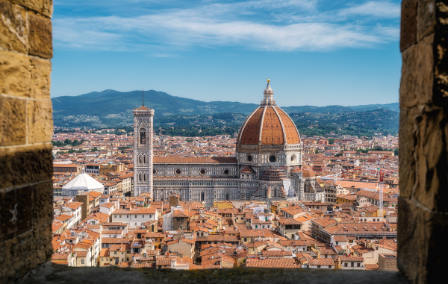
Italy is undoubtedly one of the prettiest places on the planet, and it’s no wonder that it’s the fifth most visited country in the world. Home to soaring snow-capped mountains, shimmering lakes, idyllic vineyards and a breathtaking coastline, the country’s natural splendour is abundant. Italy’s beauty comes in many forms, however, and you’ll find equally enchanting vistas throughout the urban cityscapes; Renaissance facades, ancient palazzos and Baroque basilicas juxtapose contemporary skyscrapers and boutique bistros.
10th January 2025 - Italy Travel Inspiration
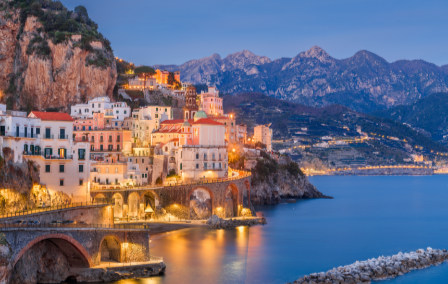
The Amalfi Coast is the pastel-coloured crown jewel of Campania. Expertly stacked fishing villages spill down the cliffsides, charming coves punctuate the coastline and the world’s jet-set flock here come summer for sublime Italian food, fine wine and the postcard-primed setting. In other words, this slice of the Sorrentine Peninsula is nothing short of iconic and a must-visit on your next holiday to Italy.
23rd June 2023 - Italy Travel Tips
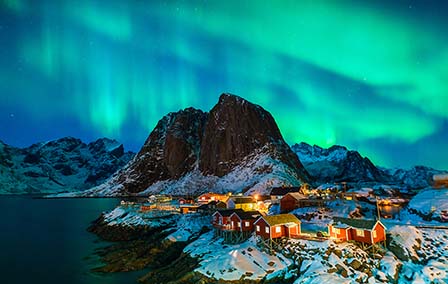
The Northern Lights, or aurora borealis, can be seen in various polar regions, but the Norwegian far north is one of the best destinations in the world for observing these famous green rays. When it appears in the darkness of night, this emerald spectacle is a breath-taking natural phenomenon which never fails to enchant and delight those who see it. Often people become so wrapped up in the magic that they turn into ‘aurora hunters’ during their Norway trips and get caught up in a never-ending quest to see the lights again and again.
22nd December 2021 - Norway Travel Tips
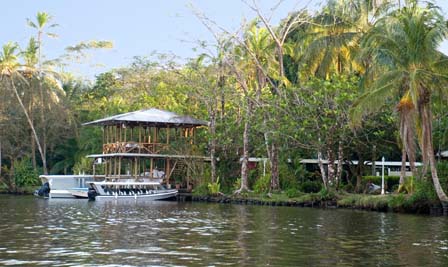
The poster-child for all things eco, Costa Rica is the star pupil in the world’s ecotourism class. Sandwiched between Nicaragua and Panama, this tiny Central American country prides itself on the conservation and protection of its wonderfully biodiverse environment. The country is home to half a million species and one quarter of the country’s wild lands are protected by law. Boasting 26 national parks,
28th June 2021 - Costa Rica Responsible Travel
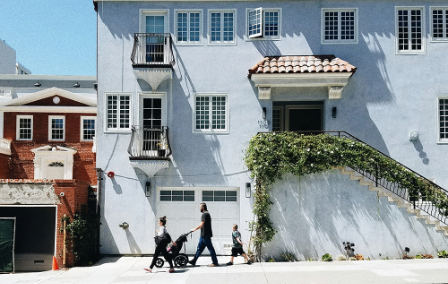
The wonderful thing about the USA is no two cities are the same. Each has its own distinctive personality, quirks and beat, and so choosing just five of the most beautiful cities in the USA was a tough ask. While Charleston is known for its southern charm and rich history, Portland, Oregon has hipster style and hangovers – home to many bustling breweries. Seattle features the iconic Space Needles tower, while Savannah is renowned for making seriously sweet iced tea.
28th December 2024 - USA Travel Inspiration
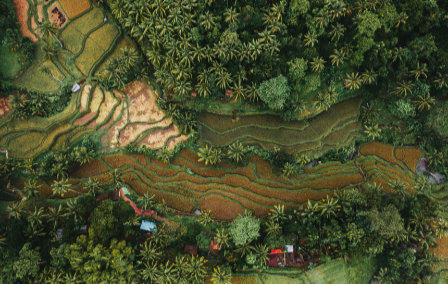
With the football world cup in full swing, we are all in for some healthy competition, and when it comes to travel, these countries put on a thrilling match. Thailand and Indonesia are two tropical paradises that sit high on every traveller’s bucket list. With striking scenery, fabulous food, unique landmarks and tropical climates, these Southeast Asian hots spots are worthy competitors and it’s a tough bet to make.
3rd January 2023 - Travel Inspiration
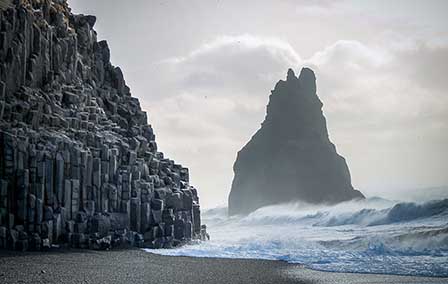
White waves crash onto the inky Icelandic shore, creating foamy holographic patterns on the sweeping pitch-black sandy beach. Infamous for its perpetual volcanic activity and rugged scenery, Iceland’s black sand beaches draw crowds from far and wide. Age old lava is broken down into glistening onyx-coloured sand to form one of the most beautiful yet unearthly attractions that tourists can explore. A visit to some of the island’s volcanic beaches is a must for budding photographers, geography enthusiasts and those who admire the sheer wonders of the Icelandic landscape.
7th March 2022 - Iceland Beaches & Islands
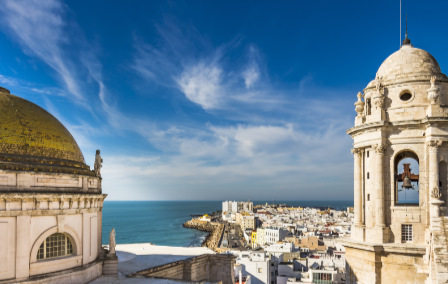
Portugal’s main cities seem to get most of the attention. Lisbon is lauded as the perfect place for a city break, while Porto is praised as the capital’s charming culture-filled counterpart. Both are blessed with the added benefit of close proximity to the coast, meaning your city stay can feature a seaside sojourn as well as world-class dining, exquisite architecture and vinitourism (wine tasting).
26th September 2022 - Portugal Beaches & Islands
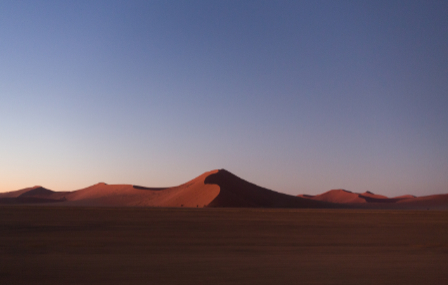
From soaring sand mountains to misty coastal dunes and polar ice sheets, the most beautiful deserts in the world are a diverse lot. Whether you’d rather seek out Earth’s tallest sand dunes in Namibia or enjoy some stellar stargazing in Chile’s Atacama, there’s a quiet beauty found in every harsh environment. But with 33 major desert areas in the world, the question is, where to begin? Read on for our roundup of the best of the bunch… 1.
29th December 2024 - The Natural World
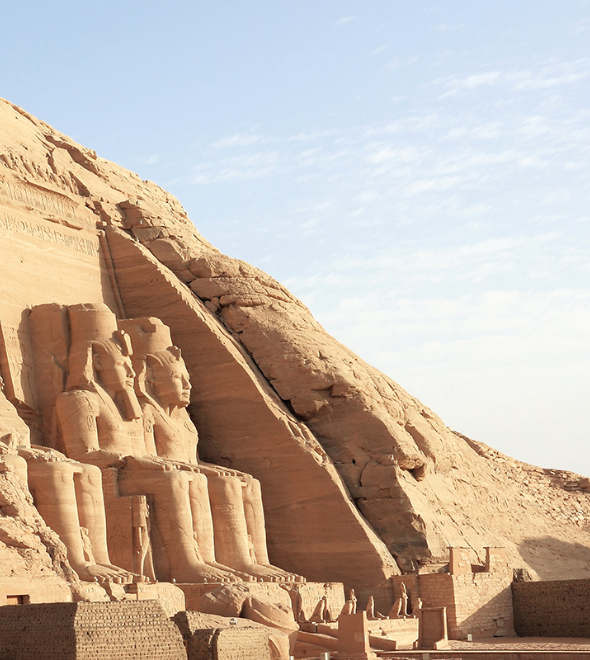
Set just a three-and-a-half-hour drive from Aswan, Abu Simbel is the kind of place that reminds us why we travel: to be awed, humbled and feel part of a world far bigger than ourselves. As if this historic temple complex wasn’t spectacular enough, it also happens to be the site of a biannual Sun Festival – and, luckily for us, our Egypt expert Cara has given us the lowdown on this jaw-dropping phenomenon.
19th February 2026 - Egypt Guide
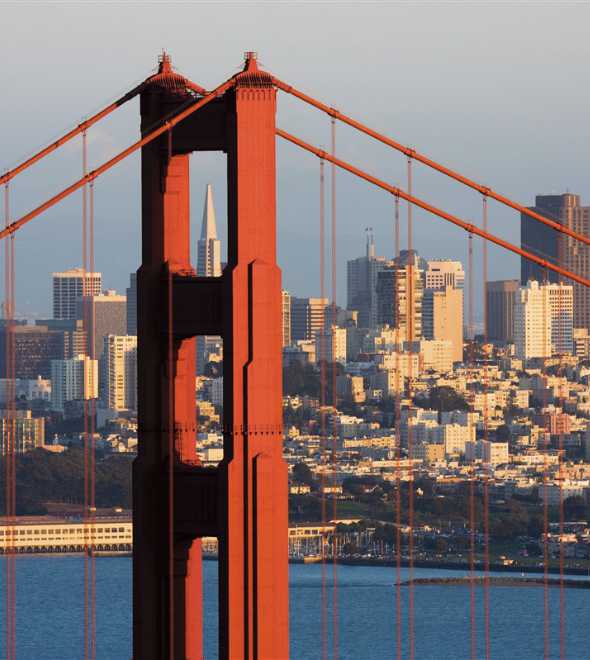
Wondering what to see in San Francisco? Wonder no more. This is your invitation to discover the city beyond postcards and social media posts (though we’ll admit, it’s a very photogenic place). We’ll delve into its history, highlight some of the most walkable neighbourhoods and lead you to green spaces for a breath of fresh air. Explore the fantastic food scene and find the best spots to enjoy unforgettable views.
18th February 2026 - USA Travel Inspiration
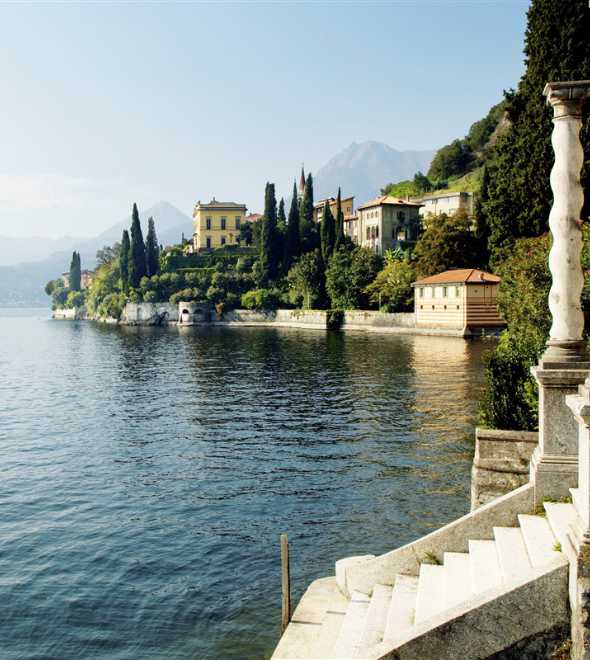
Slow down, take in the spectacular scenery, and savour the unhurried pace of life around the Italian Lakes. The lakes were made by glaciers retreating at the end of the last ice age and have been a popular destination since the Romans were in power, so the region has a rich history. Add in the landscapes, nature and the charm of the towns and villages, and you’ve got a recipe for relaxation. Here, our Italy expert, Valeria, runs through what you can do at the lakes and how to plan your trip.
18th February 2026 - Italy Travel Inspiration
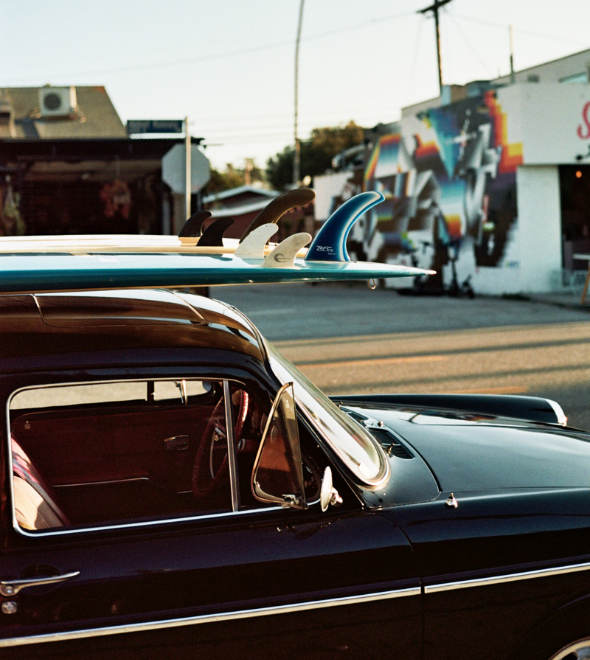
Spring in the City of Angels has had some rather downbeat descriptions over the years, with Angelinos annually bemoaning May Gray and June Gloom. April, however, retains a glowing reputation – and not just because it’s a harder rhyme. Always an exciting time, April is marked by desert-dwelling festivals, migrating marine mammals and a (slight) decline in crowds. For the lowdown on all the exciting events popping up in and around the city, read our roundup of reasons to visit Los Angeles in April.
16th February 2026 - USA Travel Inspiration
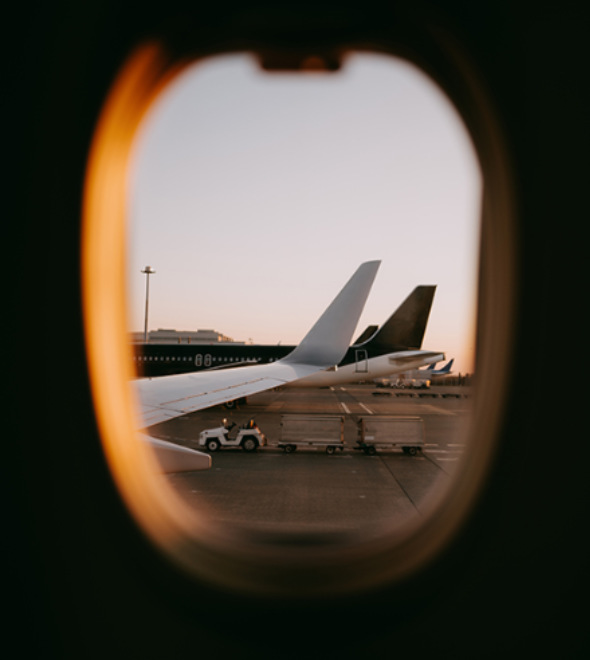
At Original Travel, we believe life is in the detail, and that applies as much to your peace of mind as it does to the perfect restaurant reservation. Booking your own travel might feel simple, but the real question is: who is looking after you when the unexpected happens? As a UK tour operator, we carry a legal duty of care for every client – a duty we take seriously, and then go well beyond (if we do say so ourselves).
11th February 2026 - Travel Tips
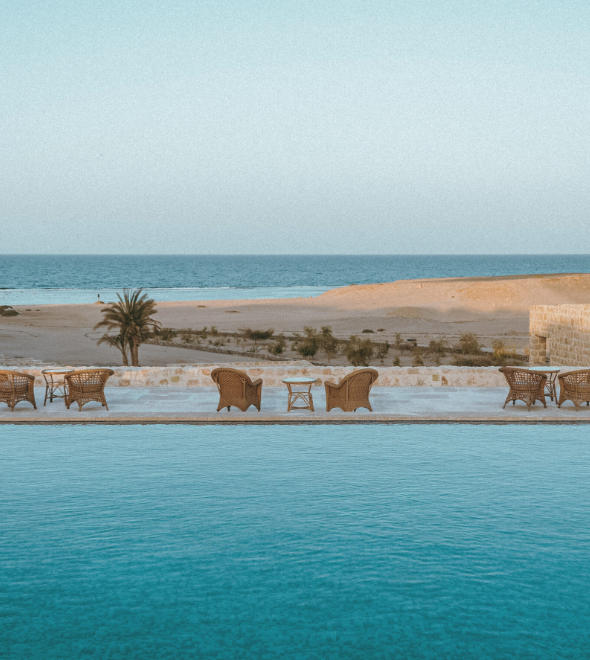
For many of us, Easter marks the peak of springtime. The flowers are blooming, the cold is receding and it feels like brighter days are just around the corner. The only problem? The UK is infamous for dwelling in the purgatory of not-quite-pleasant weather for just a little too long. If you’re anything like us, this probably makes you wish you could forgo the drizzle and skip straight ahead to summer.
9th February 2026 - Travel Inspiration
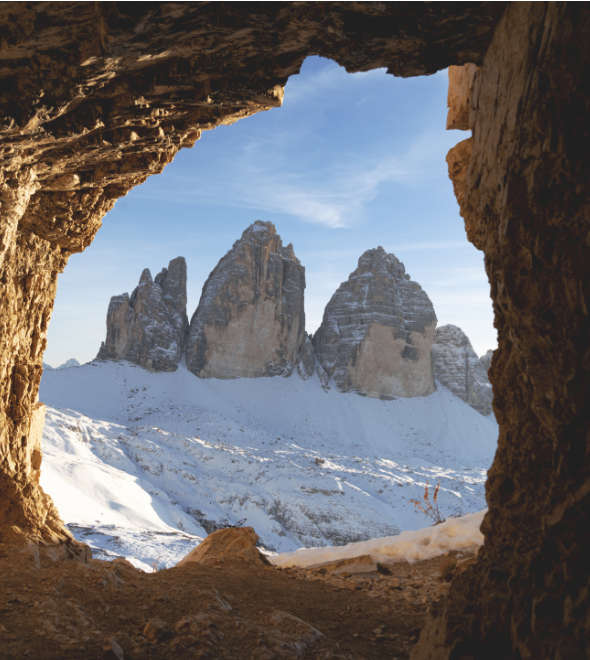
The Dolomites in winter are pure magic, with snow-dusted summits, rosy alpenglow and villages that look straight out of a fairytale. When the crowds thin and the mountains put on their white coats, this UNESCO-listed range transforms into one of Europe’s most breathtaking cold-weather destinations. Beyond its world-class slopes, the Dolomites invites you to hike along alpine trails, sip hot chocolate in mountain huts and watch sunsets paint jagged peaks.
2nd February 2026 - Italy Travel Inspiration
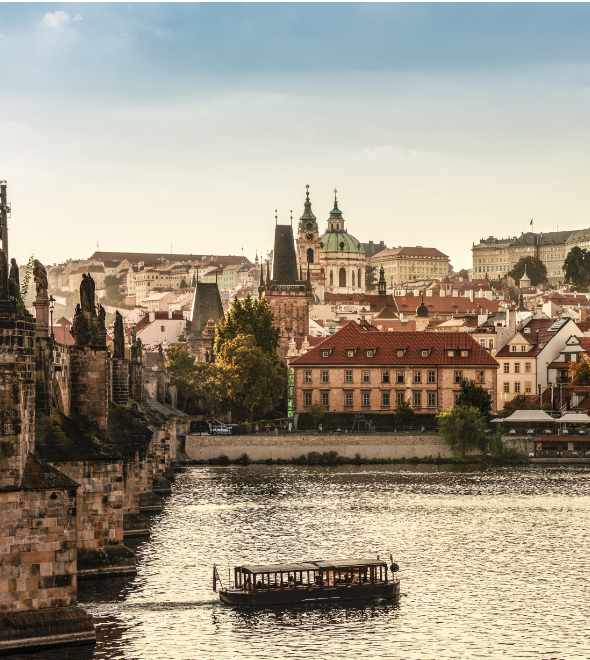
If you’re dreaming of a European escape rich in vintage charm, centuries of history and an exuberance of things to see and do, Prague and Budapest should be at the top of your list. The real dilemma, of course, is choosing between them - both capital cities have so much to offer, yet each retains its own special character. Boasting some of Europe’s finest architectural gems, Prague delights with storybook charm while Budapest spreads its appeal far and wide, offering a broader range of experiences and neighbourhoods to explore.
26th January 2026 - Czech Republic Travel Inspiration
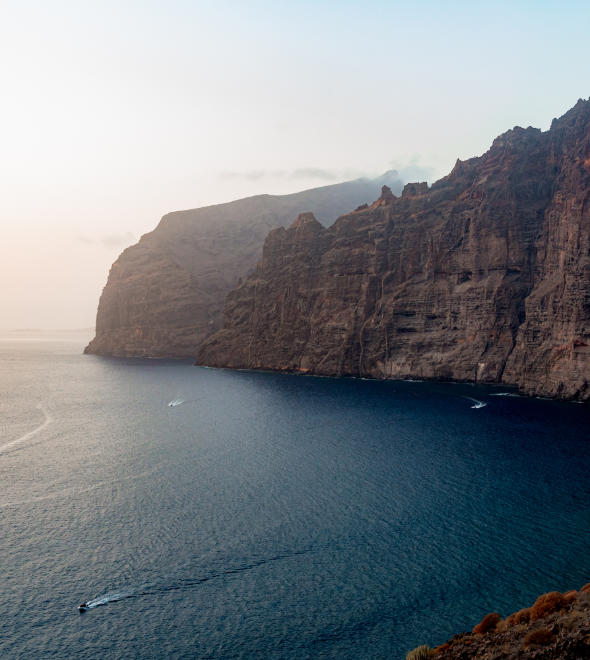
March is that tricky month where winter hasn’t fully let go, but spring is starting to peek around the corner. Luckily, Europe has pockets of sunshine where you can shake off the chill, work on your tan and take a dip in the sea, even in March. From the golden sands of Spain’s Canary Islands and the sunlit coasts of Portugal’s Algarve, to the historic harbours of Croatia and the Mediterranean charm of Malta, Cyprus and Rhodes, there’s plenty of sun waiting to be chased.
19th January 2026 - Travel Inspiration
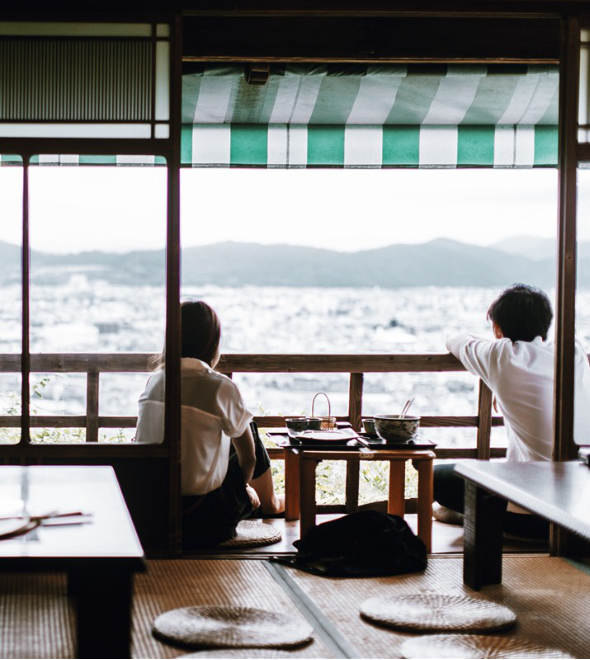
Travelling as a vegetarian in Japan has long been a test of patience and persistence. From misread menus to hidden fish stocks in seemingly innocent dishes, requests for a meat-free meal can be met with confusion. Historical ties to vegetarianism date back to centuries-old Buddhist traditions, but everyday meals often centre around meat and fish. But Japan’s food scene is returning to its roots, with a growing appreciation for shojin ryori (vegetarian cuisine) and a wave of new meat-free eateries tucked between temples and izakaya's,
12th January 2026 - Japan Food & Drink
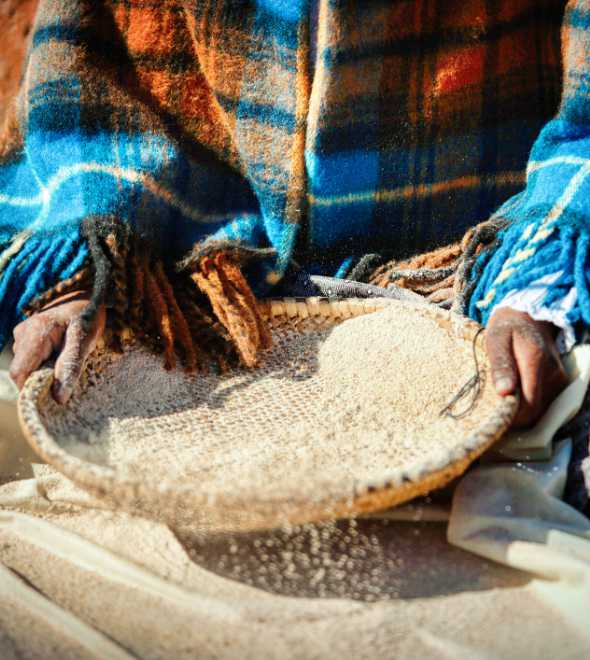
When you think of Botswana you might conjure up images of swollen deltas, expansive deserts and bountiful game reserves, but you'll likely be unfamiliar with the country’s cuisine – often referred to as Setswana. While Botswana has amassed global recognition for its immersive safaris, the country is not generally considered for its gastronomical assets. We’re here to change that. Home to one of the oldest cultures in the entire continent (the San), Botswana boasts a rich cultural heritage, and if there’s one thing a long lineage guarantees, it’s a catalogue of tried-and-true recipes.
5th January 2026 - Botswana Food & Drink

If paradise had a postcode, it would be somewhere on Bali’s coastline. Embraced by the sea on all sides, this Indonesian island is home to a bounty of beautiful beaches. Whether your perfect day means unwinding on the sand with a cocktail and a good book, learning to ride your first wave, exploring Bali’s underwater world, or sampling its lively nightlife, the island offers something for every mood and pace.
29th December 2025 - Indonesia Travel Inspiration
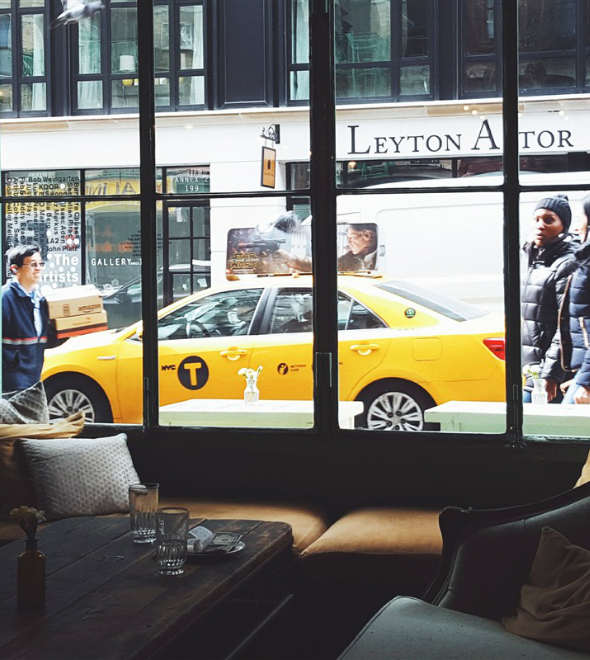
Love it or hate it, winter rolls around every year. So, why not spend this polarizing time on a polarized continent? From skating on the frozen lakes of the Canadian Rockies and crunching through the snow-blanketed plains of Alaska to sampling internationally renowned wines in the vineyards of Northern California and cruising between the laid-back microcosms of The Florida Keys, North America has something for everyone during winter.
24th December 2025 - USA Travel Inspiration
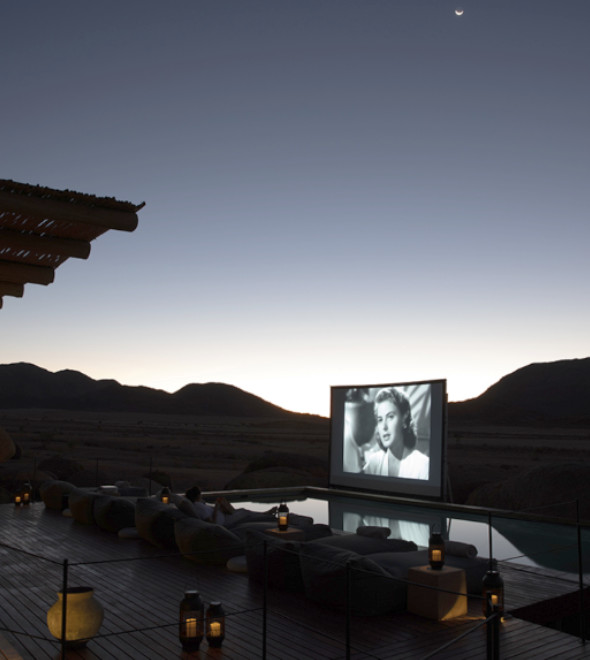
Have you ever felt the urge to hop on a flight after watching a particularly good film? Us too. From settings to storylines, travel and cinema are inextricably linked, taking viewers on a journey through new and exciting destinations. While this has been the case since film’s inception, the connection between the two has grown in recent years, with ‘set-jetting’ (visiting locations featured in films or television) holidays steadily on the rise.
22nd December 2025 - Travel Inspiration
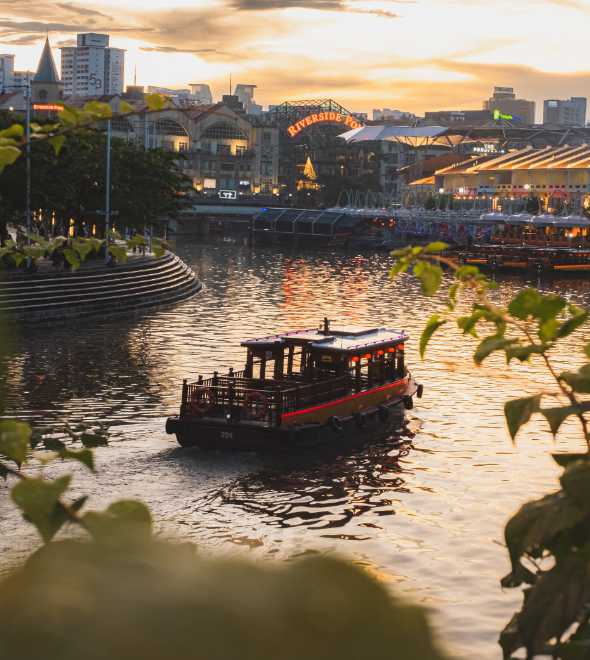
Bursting up from the lush undergrowth and spilling out into a pristine urban expanse is Singapore, a city filled to the brim with historic monuments, glistening skyscrapers and ample opportunities for ariel adventure. Over 100 metropolitan giants populate the Downton Core, many of which offer dizzying recreational experiences on their uppermost levels. But, with so much competition at the top, it can be hard to tell which spots are truly worth the climb.
17th December 2025 - Singapore Food & Drink
Sign up to our newsletter for the latest travel inspiration straight to your inbox
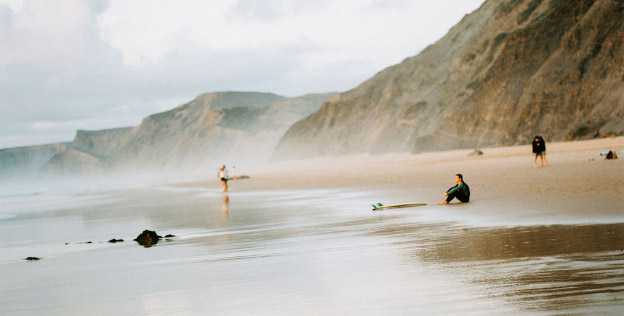
Practical advice and inspiration for your next trip
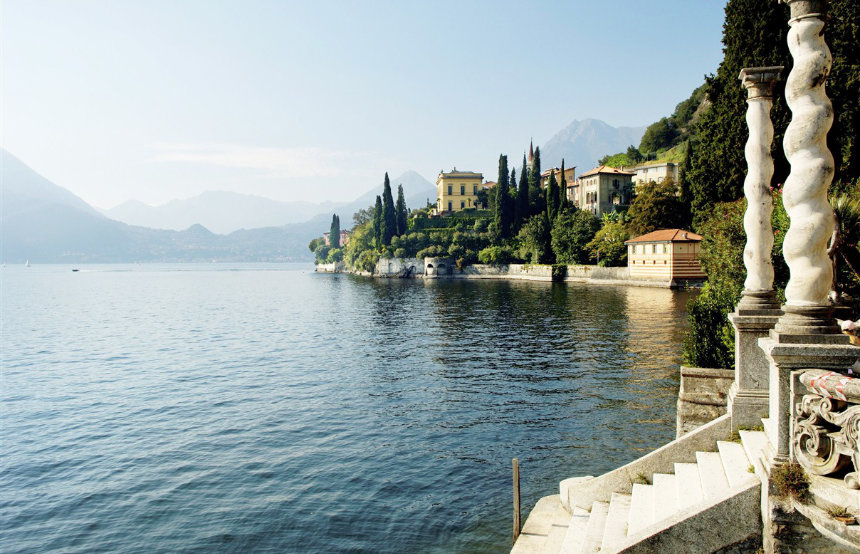
Slow down, take in the spectacular scenery, and savour the unhurried pace of life around the Italian Lakes. The lakes were made by glaciers retreating at the end of the last ice age and have been a popular destination since the Romans were in power, so the region has a rich history. Add in the landscapes, nature and the charm of the towns and villages, and you’ve got a recipe for relaxation. Here, our Italy expert, Valeria, runs through what you can do at the lakes and how to plan your trip.
18th February 2026 - Italy Travel Inspiration
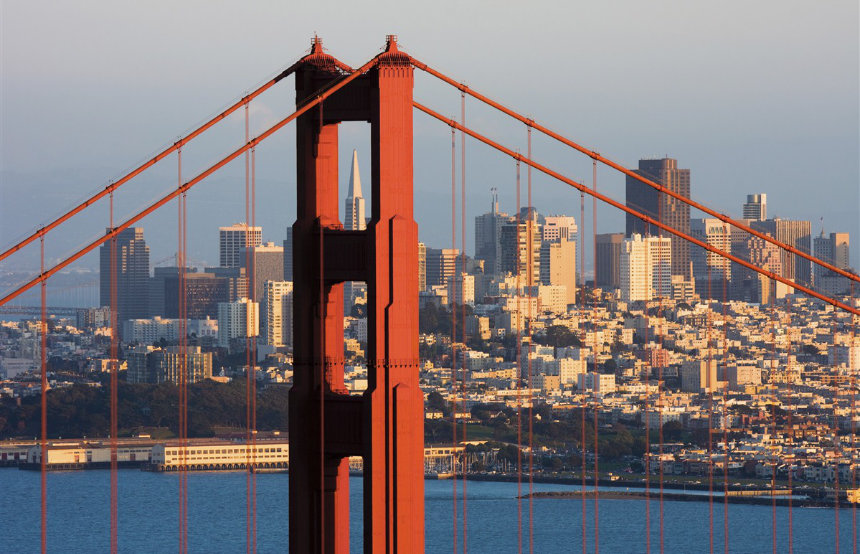
Wondering what to see in San Francisco? Wonder no more. This is your invitation to discover the city beyond postcards and social media posts (though we’ll admit, it’s a very photogenic place). We’ll delve into its history, highlight some of the most walkable neighbourhoods and lead you to green spaces for a breath of fresh air. Explore the fantastic food scene and find the best spots to enjoy unforgettable views.
18th February 2026 - USA Travel Inspiration
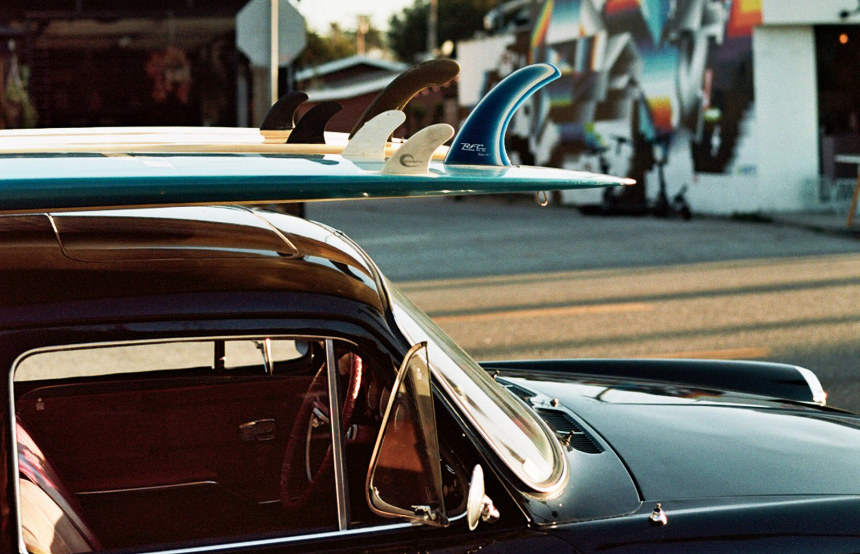
Spring in the City of Angels has had some rather downbeat descriptions over the years, with Angelinos annually bemoaning May Gray and June Gloom. April, however, retains a glowing reputation – and not just because it’s a harder rhyme. Always an exciting time, April is marked by desert-dwelling festivals, migrating marine mammals and a (slight) decline in crowds. For the lowdown on all the exciting events popping up in and around the city, read our roundup of reasons to visit Los Angeles in April.
16th February 2026 - USA Travel Inspiration
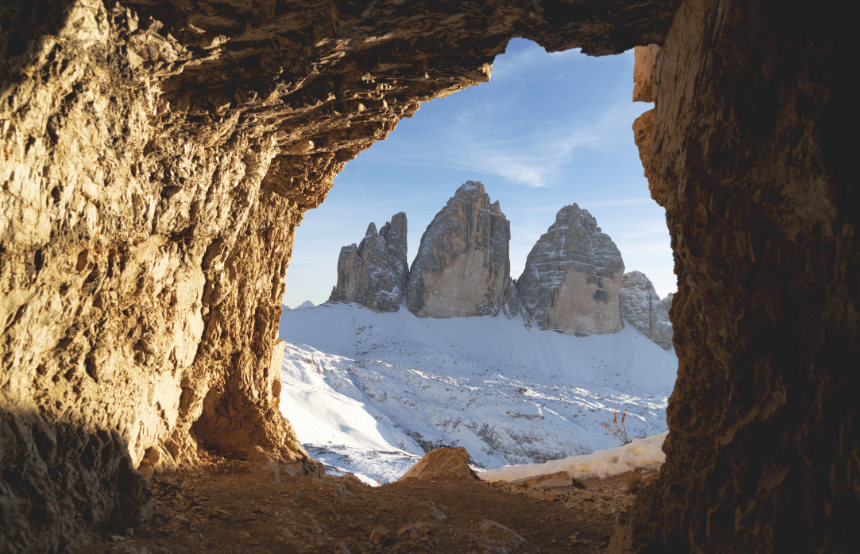
The Dolomites in winter are pure magic, with snow-dusted summits, rosy alpenglow and villages that look straight out of a fairytale. When the crowds thin and the mountains put on their white coats, this UNESCO-listed range transforms into one of Europe’s most breathtaking cold-weather destinations. Beyond its world-class slopes, the Dolomites invites you to hike along alpine trails, sip hot chocolate in mountain huts and watch sunsets paint jagged peaks.
2nd February 2026 - Italy Travel Inspiration
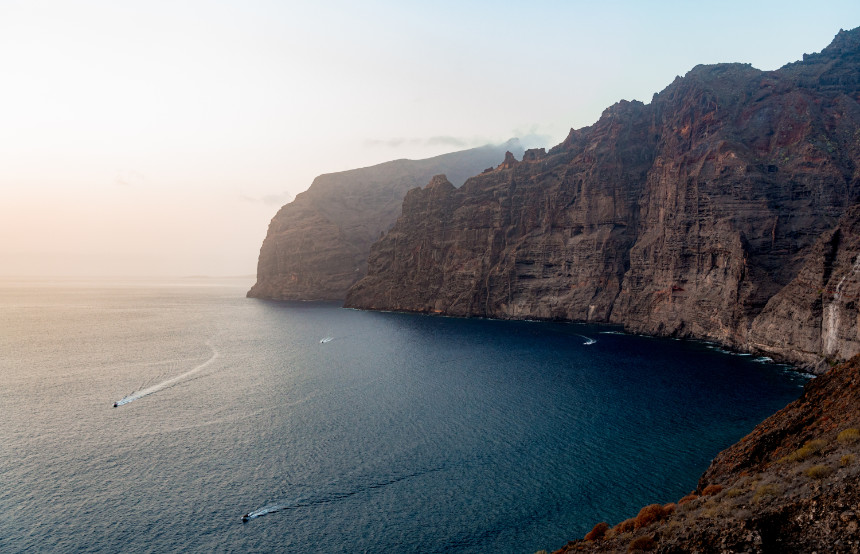
March is that tricky month where winter hasn’t fully let go, but spring is starting to peek around the corner. Luckily, Europe has pockets of sunshine where you can shake off the chill, work on your tan and take a dip in the sea, even in March. From the golden sands of Spain’s Canary Islands and the sunlit coasts of Portugal’s Algarve, to the historic harbours of Croatia and the Mediterranean charm of Malta, Cyprus and Rhodes, there’s plenty of sun waiting to be chased.
19th January 2026 - Travel Inspiration
Practical advice and inspiration for your next trip
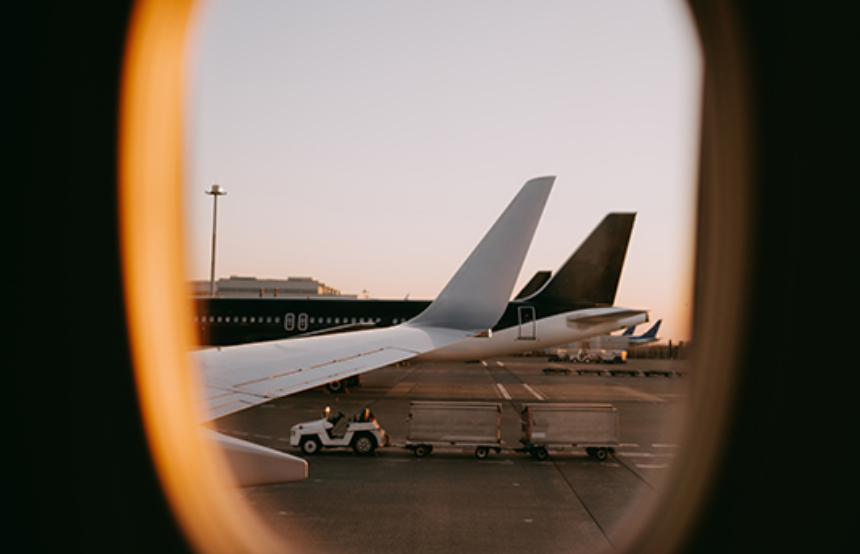
At Original Travel, we believe life is in the detail, and that applies as much to your peace of mind as it does to the perfect restaurant reservation. Booking your own travel might feel simple, but the real question is: who is looking after you when the unexpected happens? As a UK tour operator, we carry a legal duty of care for every client – a duty we take seriously, and then go well beyond (if we do say so ourselves).
11th February 2026 - Travel Tips

Saudi Arabia is having a moment. Despite being closed off to Western travellers until 2019, this vast Middle Eastern kingdom is on a mission to establish itself as a tourist hotspot (and prove that it’s more than just an oil giant) as part of its ‘Vision 2030’ programme. Whether you’re after ancient ruins, vibrant cities or diverse natural landscapes, Saudi Arabia has them all, and we’re excited for more and more people to add it to their travel bucket list.
3rd December 2025 - Saudi Arabia Travel Tips
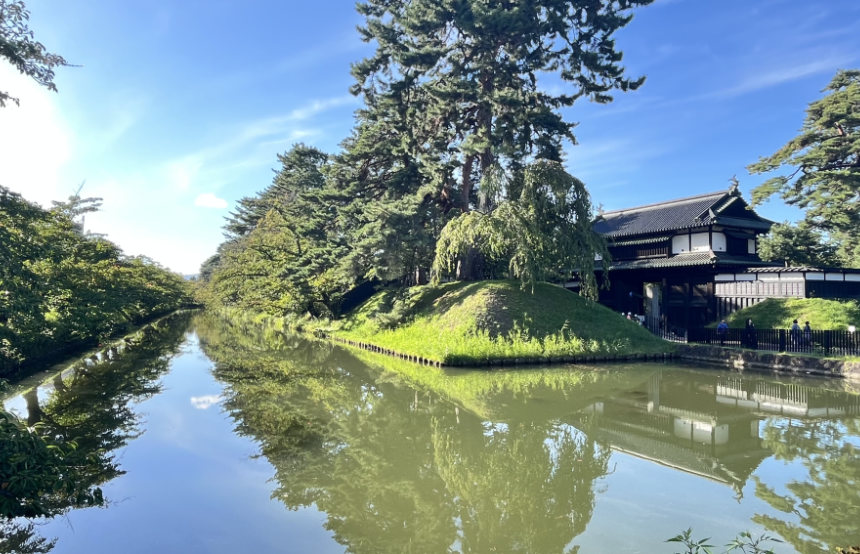
On a recent research trip to Japan, our Asia specialist, Joyce, spent ten days exploring the lesser-trodden treasures of Tohoku, in northeast Honshu. She stayed in cosy mountain-framed ryokans, hiked along Iwate’s rugged coastline and admired Japan’s deepest lake – all without the crowds. From sipping smooth sake to sampling fresh uni, it was a trip for the books. Keen to know more? Read on for the most memorable moments from Joyce’s time in Japan.
24th November 2025 - Japan Travel Tips
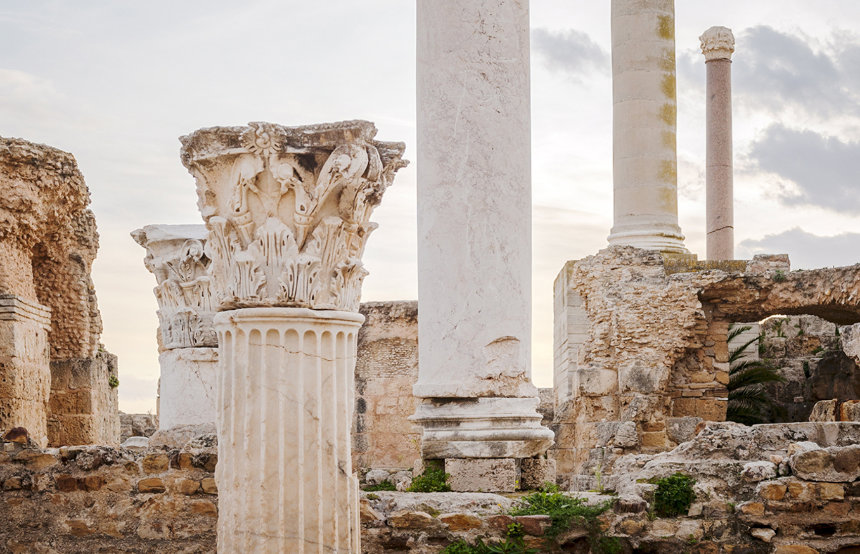
Tunisia is on the rise as one of the hottest tourist destinations of the 2020s, welcoming over 10 million visitors in 2024 alone. Travellers can head to the vibrant capital of Tunis for its bustling souqs, ancient ruins and myriad UNESCO World Heritage sites, or visit the sprawling beaches of Hammamet and Sousse for a spot of sun, sand and sea. Wherever you choose, you’re guaranteed rich culture and vibrant history – so it’s no surprise that many travellers are choosing Tunisia for their next getaway.
27th November 2025 - Tunisia Travel Tips
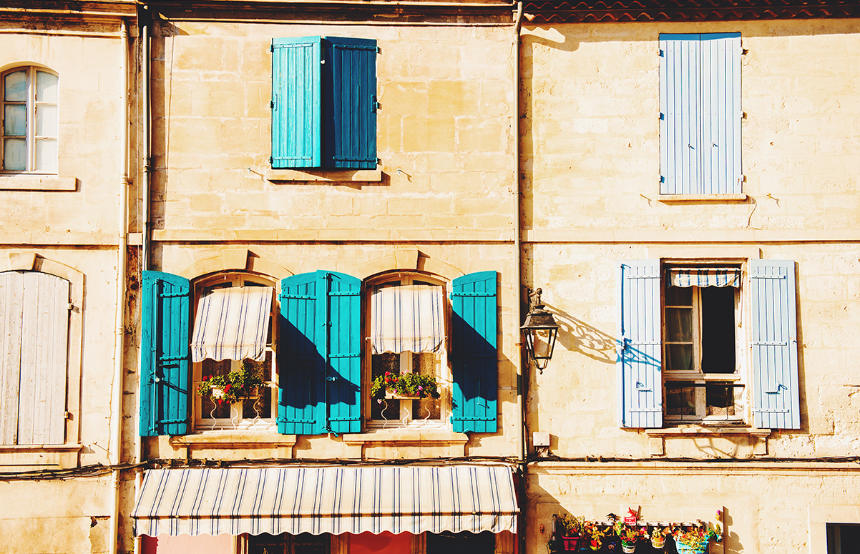
On a recent research trip to Provence, our Europe expert, Sophie, sampled a slice of the laid-back French way of life. Slow, winding drives past lavender fields and olive groves led her to pretty villages with bustling markets, art exhibitions, traditional cuisine and more. Whether you’re looking to plan your own trip to Provence or simply want the inside scoop on Sophie’s, read on to discover her best bits and top tips… Where did you visit?
11th November 2025 - France Travel Tips

Welcome to the fourth issue of Original Traveller. Inside you’ll find wonderful articles by the UK’s finest travel writers, accompanied by pictures from award-winning photographers. These lovely long-reads are supplemented by the latest travel news, views and trends brought to you by the Original Travel team, who have – as ever – been circumnavigating the globe on research trips. The issue is themed around travel’s simple pleasures, so you’ll also read about our recommendations for sleeping under canvas (in comfort), foodie foraging tips and new train routes to take. Happy reading!
Order the Magazine
Our team of destination experts will get to know you and your unique requirements for your holiday

We work with you to build an ultra-personalised holiday itinerary with your choice of accommodation, experiences and activities

All of our holidays include little extras designed to make a big difference to your trip, from fast-tracking you through airport check-in and security to our network of local Concierges